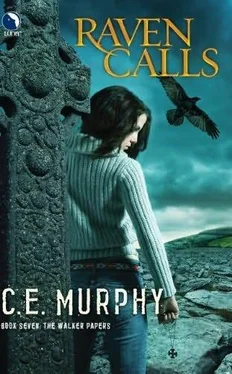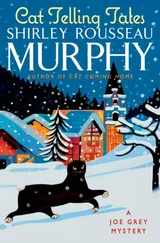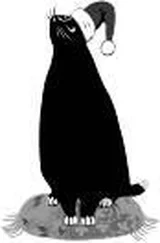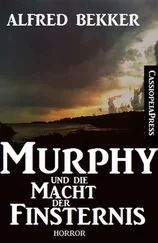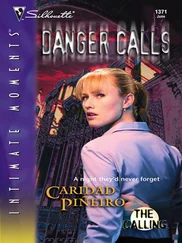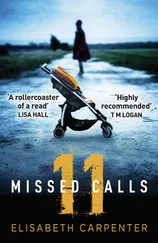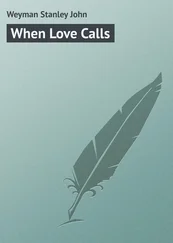By the time they began to settle we were spread across the entire courtyard. Caitríona had found a doorway to press into, but she kept giving it worried looks, as if it might open behind her. Méabh had curled up into a space next to what I thought of as a buttress, although I also kind of thought those belonged on castle roofs, not in their courtyards. Either way, the aos sí woman’s face was twisted, presumably with anger at being forced to hide instead of fight. Gancanagh had gone to ground in an oddly literal way, becoming a lump of earth that hadn’t been there before. I could see him if I tried, but his chameleon performance reminded me that this fairy realm was his as well as the Master’s.
That idea floated in my mind for an instant, then solidified on the thought I’d had earlier: that we’d crossed into the Lower World when we’d taken the tunnel beneath Sheila’s bones.
I was far more familiar with Native American cosmology than Irish. There were three easily accessible levels of reality in Native cosmology—the Middle World, which was the one everybody lived in day to day, the Upper World, a rarified place of spirits and souls, and the Lower World, which was very much like the Middle World except the colors were wrong, distances were peculiar and it was littered with all sorts of astonishing creatures, many of which were dangerous. Dangerous was still the name of the game, and although the landscape was different, Gancanagh’s sudden melding with the earth looked so much like something that would easily happen in the Lower World that I was pretty certain I was just viewing it through another mythology’s eyes. On one hand, that was great : I had a reasonable amount of experience in the Lower World.
On the other, it was very, very bad, because the Native American version of the Lower World wasn’t so permeated by the Master’s touch that its denizens regarded it as essentially his territory. I didn’t know if all of Europe—and if all of Europe then I would think all of what had been Mesopotamia and never mind the vast Chinese empire that stretched back far beyond European civilization—I didn’t know if Ireland’s corruption meant all those places also had versions of the Lower World that were saturated by the Master’s influence.
Which might mean the Americas, with their comparatively recent settlements—the Americas and maybe Australia—were the last holdouts in a world already deeply affected by the Master’s life-destroying ways.
I stood there squished into a corner while a host of thwarted banshees gathered in the center of the courtyard, their keening much quieter now, as if they’d lowered their voices to discuss what to do next. They chatted, and I glared futilely at the sky. At the makers of the world, if they lived up there. At Grandfather Sky, whom Coyote had once named specifically as someone responsible for my arrival on this little blue ball floating in space.
I didn’t want to buy into the whole “peaceful natives save the world” storyline. I might not have known a lot about the mythology of the Native peoples of America, but I knew a fair amount about their history. The modern implication of “peaceful natives save the earth” was “backward savages don’t recognize the benefits of progress,” a violently prejudiced viewpoint of what had been some truly astounding cultures. I wanted to scream with outrage at anything that lent itself toward perpetuating it, including myself. There were plenty of examples where American native settlements and cities had gone beyond their resources and collapsed the system.
None of which negated the fact that a great number of them had lived harmoniously within the system for a long time, and perhaps in doing so had given the Master just a little less room for a toehold in their territories. So by all rights maybe I should have been full-blooded Cherokee, one hundred percent about reversing wrongs and saving the world, but oh no. No, I was goddamned Luke Skywalker, bringing balance to the Force. Product of two cultures, both steeped in magic, one that had been fighting contamination since way back when and the other comparatively fresh and clean.
I scowled at the shredded arm of my coat and promised myself that was as close as I’d come to getting my damned hand chopped off.
Méabh sneezed.
Gunfire couldn’t have been louder. The banshees went utterly, unnervingly silent, and everybody in the whole courtyard looked toward Méabh’s corner.
Her face was still contorted, another sneeze threatening. I’d never tried healing somebody when I couldn’t lay hands on them, and besides, I wasn’t sure sneezes were things to heal anyway. By the time I’d thought that through, it was too late: she sneezed again, even more explosively, and two dozen banshees converged on her.
Unholy delight filled her face as she bared her sword to take on Aibhill’s host. I would never, not in a million years, show that kind of glee going into battle. My many-times-to-the-great-grandmother lived for this shit, and right now she had one huge honking advantage: they couldn’t see her.
Magic silver swords forged by Nuada might not have been much against dragons, but it turned out they took on banshees just fine. She waited until they were on her before she stood, and she came up swinging with all the strength of a six-foot-eight warrior woman whose life had been spent in the pursuit of bloodshed. Banshees, the old ones at least, were papery, and her cleave shredded three of them before the sword caught in the fourth’s juicier ribs. Not as juicy as Sheila: dust, not blood, fell from the wound, but still, that one was fresher than some of the others. The first three didn’t have time to scream. The fourth one did, and mortar fell from between the courtyard bricks at the sound.
Méabh didn’t so much as flinch. She wrenched the sword sideways, moving it deeper into the banshee. Juicier or not, it didn’t weigh all that much, and with a roar I could hear over the screams, she heaved the wailing woman to the ground and came down on it with all her weight.
Its spine severed just like the three before it had, and by that time the rest of us were in the fray.
As crews went, we were a motley one. Caitríona and Gancanagh had no weapons at all, making them more liabilities than fighters, and I had only my psychic nets. On the positive side, I’d caught a banshee with my nets before. On the less positive side, it had taken Sheila’s help to hold it in place. But on another positive side, I was a lot more confident in my powers than I’d been then. Of course, on the negative side, that confidence was currently stymied by a werewolf bite and a general uncertainty about using my skills at full bore. Then again, back on the positive side—apparently I was an octagon—if things were going to explode, they might take a banshee or two along with them. And on yet another negative side, I wasn’t confident of my ability to cast the nets and keep us all hidden from sight, either. I’d gone into battle plenty of times, but never while invisible.
Exasperated, I stopped worrying about what might happen and just cast a damned net.
I was right: as the net flew out, my light-bending trick wobbled and failed. Probably my own fault for not having faith I could manage it all, but then, fighting banshees was a ferocious test of my faith, period. So I was content that the net spun out, silver and blue interconnected in flowing lines, and caught the nearest banshee like she was a tuna. She shrieked and whirled toward me, entangling herself further. Clawlike nails extended from her fingertips, sawing at the net. I felt the reverberations rattling all the way back to my soul, but unlike the first time I’d fought one of these things, the net held. Her jaw dropped and she screamed again, this time like she really meant it. For a hair-raising moment I thought she was going to pull off the trick Sheila had done, breaking through my shields and getting under my skin.
Читать дальше
Конец ознакомительного отрывка
Купить книгу
